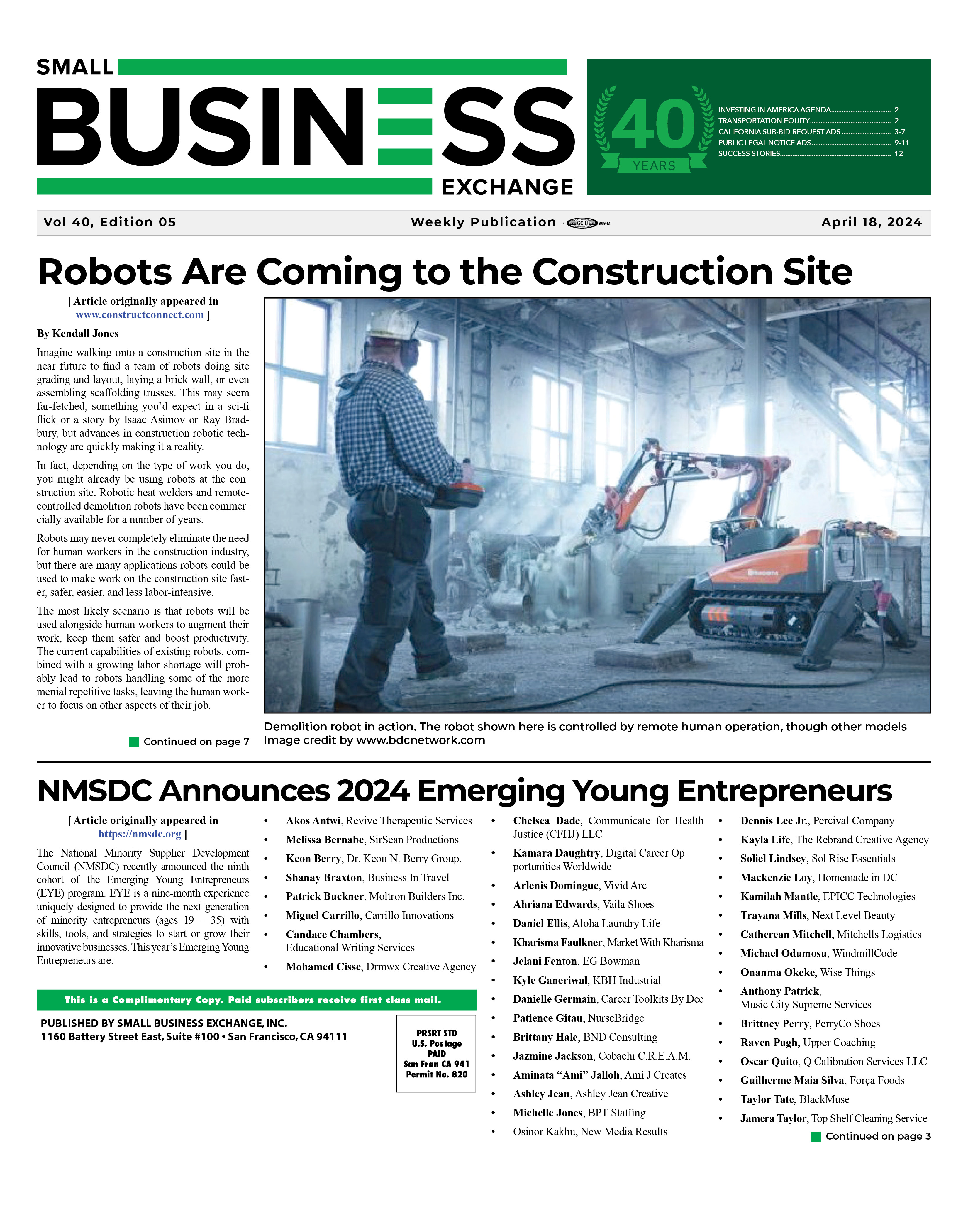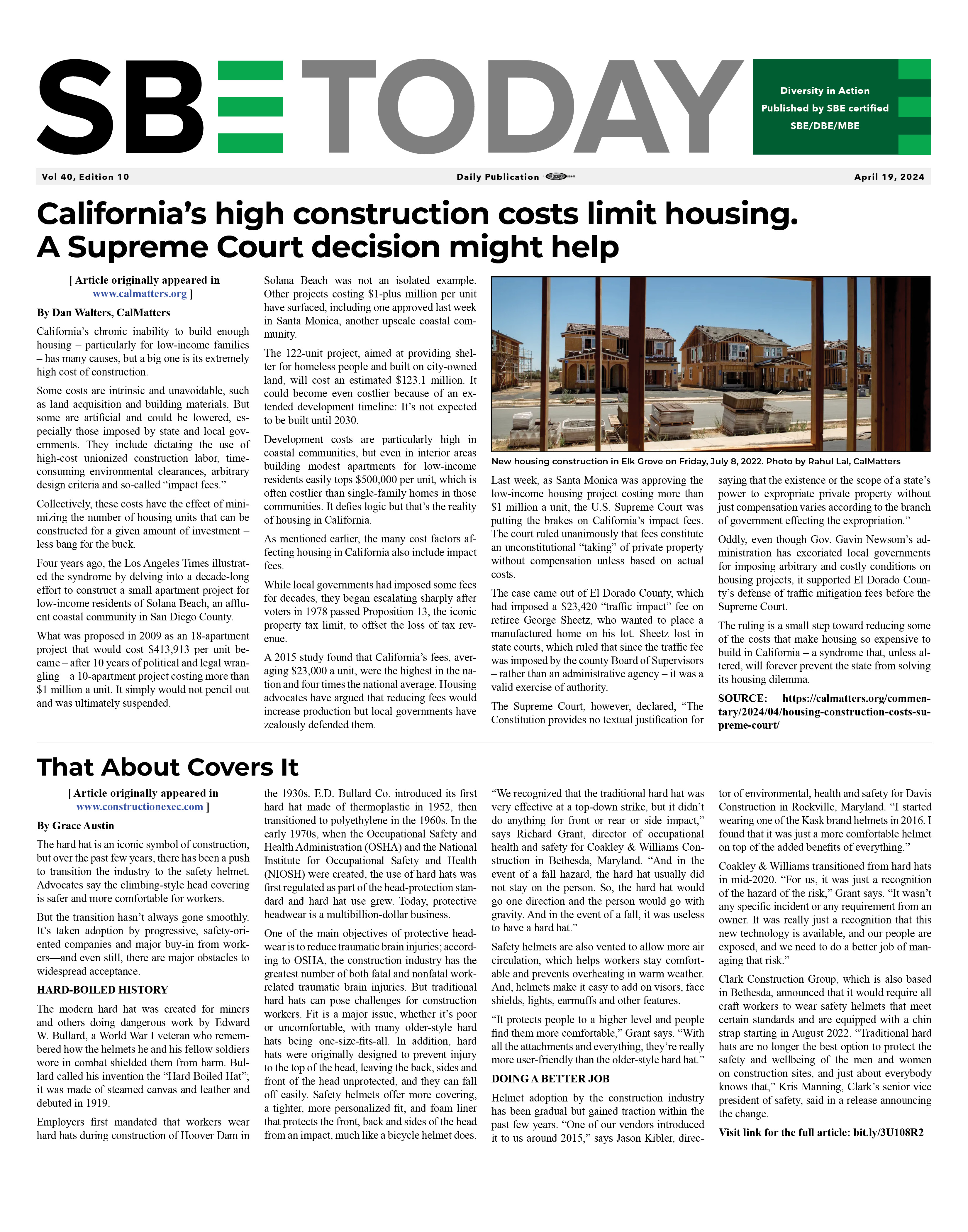|
|
Recamov | Using Job Boards to Find a Remote Job
02/22/2021
[ Article was originally posted on https://recamov.com ] As such, too many well-known job boards don’t particularly empower you to launch a remote career. These job boards either promote commuting to work or freelance gigs. Neither truly embraces today’s workforce needs. In this step-by-step guide, we’ll show you how to use job boards effectively to find a remote job. We’ll help you identify your goals; differentiate between good and bad job boards; and leverage those job boards to accelerate your career from home. If you haven’t already created an account with Recamov, we encourage you to do so. It’s free for remote job seekers such as yourself. Also, you can examine job posts while working through this article to help you find the right career working from home.  Step 1: Identify Your Career and Life GoalsWhen approaching job posts, you need to know what you’re looking for. If you’re looking for a work-from-home career, you likely have specific reasons for doing so. Without naming your career and lifestyle goals, you could accidentally land a remote job that doesn’t achieve what you’d hoped. Additionally, identifying those lifestyle goals that help you achieve work-life balance can help you negotiate terms with a prospective employer.  Why Do You Want to Find a Remote Job?Most traditional employees complain about overwork. Ironically, feeling burnt out is less about working too much and more about employee/job mismatch. That’s not to say that people are doing work for which they are unqualified. Rather, something about the position, environment, and management structure is not conducive to sustainable work.
Sometimes, that mismatch exists due to family constraints - someone with a disability, desire to homeschool, move closer to ailing parents, etc. Other times, the employee is bogged down by long commutes and toxic work relationships. The best way to identify your career and life goals is to list all the reasons why finding a remote job appeals to you. If you long for more flexibility, why? If you’re interested in lowering your costs, what do you want to use the extra money to accomplish? Employers - particularly those managing a remote workforce - are often interested in hiring you to keep you long-term. Reading job posts carefully and noting job boards that regularly curate job posts that align with your work-life balance values is a critical first step in your job search. If you’re examining job posts on Recamov, read beyond the job description and examine the company. What are their values? Why do they hire remote workers? Many Recamov employers answer those questions within their job posts and company profiles. Step 2: Align Your Resume with Industry-Specific Keywords.The quality of your resume is very important. Employers managing remote team members are greatly dependent upon HR and recruiting technology. When it comes to sifting through resumes, these HR tech platforms are looking for industry-specific keywords within the resumes that they receive. Application Tracking SystemsIncreasingly popular among top employers, application tracking systems (or ATS) are automation platforms that sort promising candidates from less-qualified candidates. Naturally, AI technology in this arena does have setbacks. For highly qualified job seekers who do not know how to create a compelling resume, they frequently get lost in the ATS “sifting.” That’s one reason why having a well-written resume is necessary.  More importantly, ATS platforms look for industry and job-specific keywords in your resume and job board profile. These keywords include skills (hard and soft), software programs, job titles, and job descriptions. If you’re not sure if your resume has the right keywords to match the job you seek, consider using a free online service like Jobscan. You can upload your resume, add the job description for the job you want, and Jobscan will give you a “relevancy score.” Those that successfully find a remote job on job boards pay close attention to industry keywords. Also, they seek additional training and experience to help them add more industry-specific keywords to their resume. Making Your Resume Searchable to Find a Remote JobLike the considerations outlined above, many online job boards allow you to create a profile that also acts as a searchable resume. After identifying industry-specific keywords, you must create your online profiles/resumes using these keywords. Doing so allows employers to find you based on their search for the skills and experience you possess. Recamov job hunters are far more successful once they’ve created an online resume with as many relevant keywords as possible. Depending upon how tech-savvy you are, you can even build a website resume (along with a place to showcase your portfolio) and craft your social media presence with job hunting in mind. Using relevant, honest, and industry-specific keywords through these mediums helps employers and recruiters find you more easily. Additionally, employers “stalking” you online will be able to find more awesome content (industry-related social media posts, LinkedIn profile, professional website, etc.), increasing your value as a candidate. Lastly, remote jobs require you to learn and manage several digital tools. When employers witness your ability to use technology and search engine optimization to promote yourself professionally, they feel confident that you can integrate well within their remote workspace. Step 3: Select Best Job Boards for Finding a Remote JobAfter identifying your career goals and aligning your resume with industry-specific keywords, you’re ready to examine the field of available job boards. Not every job board is equally valuable. Some are built with specific job categories in mind, such as government work or healthcare. Others focus on onsite versus remote work versus freelancing. At Recamov, we are focused on helping you find a remote career, not merely a freelance gig or two. Understanding the purpose and strengths of available job boards will save you time and money. For example, some remote job boards charge you a membership fee, while others (like Recamov) are free for job seekers. It is extremely disheartening to pay for a subscription to a job board that doesn’t perform as you’d hoped. Remote (Work from Home) Career Versus FreelancingOne common problem for remote job seekers is that many job boards advertising work-from-home jobs primarily offer freelance gigs. Freelancers are independent contractors, and they typically manage more than one client. While freelancing can be rewarding for some people, it is different than functioning as a payroll employee working remotely.  For example, freelancers are small business owners, overseeing their own taxes, payments, and equipment. Payroll employees enjoy benefits like withheld taxes, insurance, company computers, and company productivity software. That’s why Recamov focuses on remote careers that include benefits and upward mobility. This approach ensures that you don’t get stuck in a freelancing career when you’d rather grow within a company. If you’re more interested in building your own freelance business, you can explore freelance platforms like UpWork, FlexJobs, or We Work Remotely. After picking one or two job boards that fit your job hunting approach, it’s time to leverage that platform for the best results. Step 4: Become Familiar with the Job Board PlatformYour preferred job boards should function as your primary job hunting productivity apps. From your job board account, you can edit your profile, save a couple of different resumes, track jobs you’ve applied for, and research in-demand skills. Most job boards allow you to filter your job search and subscribe to new job alerts. These daily, weekly, or monthly emails help you be among the first to apply to recently-posted jobs. If the job board offers helpful tutorials and career guidance, you should take advantage of it. The more comfortable you feel with a job board, the more successful you’ll be. Step 5: Create a Process of Searching and Applying for Remote Jobs.Job boards only work if you consistently search, apply, and track the jobs you’ve applied for. As such, consider creating daily and weekly goals. Those goals can include applying to a certain number of jobs, researching possible employers, and networking with industry peers. As you become familiar with your favorite job board and consistently use its tools, you’ll quickly achieve the best indicator of job hunting success - an interview.  Zeroing In on the Goal: Getting an InterviewYour goal for using a job board shouldn’t be to get a remote job. That’s too broad and overwhelming. Rather, your goal is more specific - getting an interview. The growing number of interviews you acquire signals that your resume, job board, and job hunting habits are paying off. As you get more interviews, you can focus on improving your interviewing skills and shift your objective from getting an interview to getting the job. Most job boards allow you to follow employers. If you are impressed with a particular employer (i.e., those that know how to manage remote work teams well), follow that employer and remain determined to get the interview. When it comes to finding a remote job, remember that not getting the job after an interview doesn’t mean that your chances with that employer are lost. If you make a connection with those interviewing you, do your best to stay in contact with them. Mutual respect between you and the hiring manager can open up more opportunities sooner than you think. Recap: Using Job Boards to Find a Remote JobJob hunting is stressful. But breaking it down into actionable steps can unlock progress and achievement. Finding a remote job is no different.
We hope that the five steps above motivate you to create a reliable process that lands you a desirable remote career as soon as possible. As a final reminder, don’t forget to search available remote jobs on Recamov. For best results, subscribe to the latest job updates. It’s free! Back To News |
|




